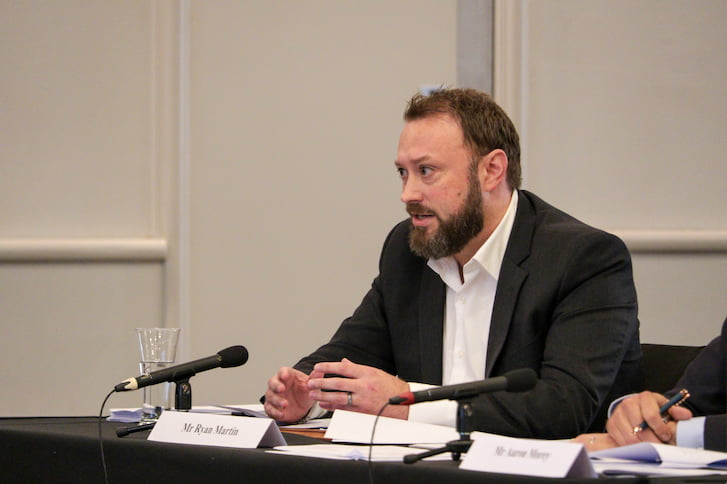As we close out an eventful year in Australian employment law, CCIWA's Associate Director, HR and Workplace Relations, Ryan Martin summarises some of the upcoming changes to come into force over the next few weeks (in addition to other reforms we have seen in the past 12 months).

Already in play, but important to remember over the holiday period
The High Court recently dismissed an application for special leave to appeal the public holidays decision, meaning the Federal Court decision that employers must request employees to work public holidays rather than requiring them to do so will remain to be the rule over the upcoming Christmas period.
Annual leave shutdown provisions in many awards have also been replaced with a model clause which prevent an employer from directing an employee to take a period of unpaid leave during a shutdown period if they do not have a sufficient leave accrued.
From December 6:
From December 6, certain fixed-term contracts will be unlawful unless covered by one of the exemptions and employers will have an obligation to provide a new Fixed Term Contract Information Statement to employees. Employers need to ensure they understand their obligations for any existing contracts that have extension provisions or before they enter into a new fixed-term contract.
From December 12:
The Australian Human Rights Commission will have increased powers to enforce the Respect@Work laws under the Sex Discrimination Act. This means employers will need to have considered what reasonable steps they should be taking to prevent sexual harassment from occurring in their workplaces. CCIWA has some Respect@Work packages to help you get started.
From December 30:
New Fair Work regulations will create additional obligations for employers' record keeping in respect to written authorisations for deductions from employees’ pay, including the purpose of the deduction, the date of the deduction and the name of the person the deducted amount is to be given.
From January 1:
There will be a right to superannuation contributions incorporated into the National Employment Standards (NES) – meaning there will be an additional avenue for employees to bring claims for unpaid superannuation.
Finally, while not law yet, the Government’s Closing Loopholes Bill has passed the House of Representatives, following a raft of amendments which will continue to overhaul employment laws in early 2024.
One amendment of note in respect to enterprise agreements will mean that in any arbitration of a bargaining dispute, the Fair Work Commission (FWC) can only maintain or improve the terms of an existing enterprise agreement (EA) – which will likely have the outcome of significantly reducing the flexibility of any bargaining process for employers.
For an in-depth update on the Closing Loopholes Bill, register for our next free webinar on December 14.



